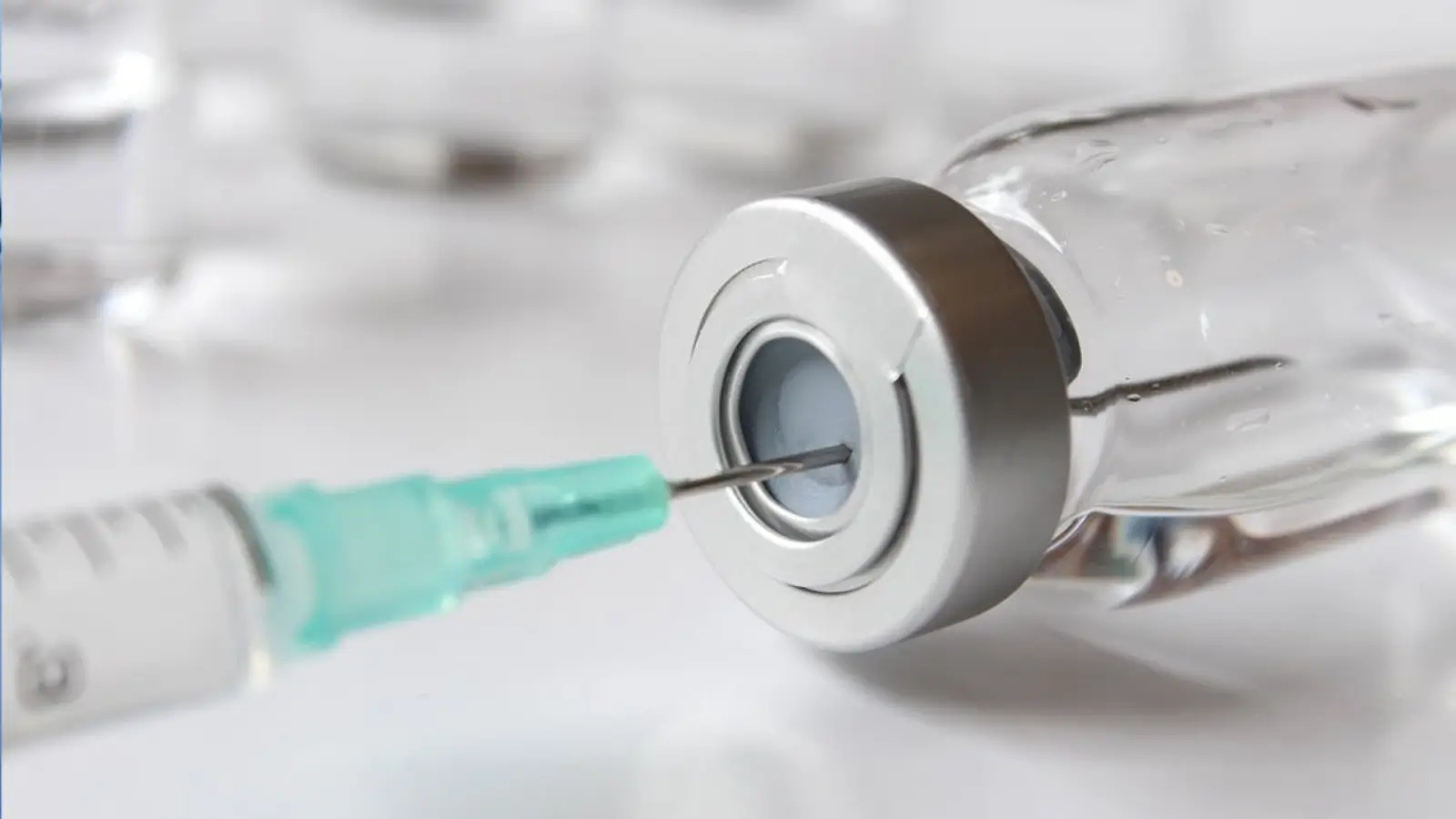
Biologic medications have revolutionized the treatment of chronic conditions like rheumatoid arthritis and Crohn’s disease. According to a study published in Advances in Therapy, biologic therapies have shown significant efficacy and safety in managing these conditions. However, they come with their own set of risks and side effects.
Cimzia (certolizumab pegol) is a TNF inhibitor specifically designed to treat RA, Crohn’s disease, and other inflammatory conditions. While it helps manage symptoms and improves quality of life, Cimzia can cause side effects ranging from mild to severe. Understanding these reactions is crucial for patients considering or currently using this treatment.
In this article, we will explore the common and serious side effects of Cimzia, helping patients and caregivers make informed healthcare decisions.
Key Takeaways
- Cimzia is a TNF inhibitor that reduces inflammation by blocking TNF-alpha. Its PEGylated formulation minimizes immune system impact, making it effective for long-term treatment.
- Most patients tolerate Cimzia well, but mild to moderate side effects, such as injection site reactions, fatigue, headaches, nausea, and upper respiratory infections, may occur. These are typically temporary.
- Serious complications can arise, including severe infections, neurological disorders, heart failure, blood disorders, and an increased risk of certain cancers. Seek immediate medical attention for symptoms like persistent fever, chronic cough, or unexplained bruising.
- Patients with compromised immune systems, a history of tuberculosis or hepatitis B, neurological conditions, or heart disease face a higher risk of complications. Those on multiple immunosuppressants should be closely monitored.
- Extra precautions include practicing good hygiene, avoiding crowded places, and undergoing routine lab tests to track blood counts and organ function.
- Patients should be well-informed of potential side effects and consult their healthcare provider to determine if Cimzia is suitable for their condition.
- While Cimzia is highly effective for managing autoimmune diseases, understanding its risks and taking preventive measures can improve treatment safety and long-term health outcomes.
About: Doctor Medica is your trusted supplier of top-quality dermal fillers, viscosupplements, and more for your medical practice. We offer genuine products from leading brands at the lowest prices. Contact Doctor Medica today to order Cimzia online.
Overview of Cimzia and Its Mechanism of Action

Cimzia is a tumor necrosis factor (TNF) inhibitor, which works by blocking TNF-alpha, a protein responsible for inflammation. By reducing TNF-alpha activity, Cimzia helps alleviate symptoms of chronic inflammatory conditions. Unlike other TNF inhibitors, Cimzia is PEGylated, meaning it lacks the Fc portion of an antibody, potentially reducing its impact on the immune system.
Common Side Effects
Most patients tolerate Cimzia well, but some may experience mild to moderate side effects, including:
- Injection Site Reactions: Redness, swelling, pain, or itching
- Fatigue: Feeling unusually tired or weak
- Headache: Mild to moderate headaches after injection
- Nausea: Occasional stomach discomfort
- Upper Respiratory Infections: Colds, sinus infections, or mild flu-like symptoms
These side effects are usually temporary and improve as the body adjusts to the medication.
Serious Adverse Reactions
In some cases, Cimzia may lead to severe complications, which require immediate medical attention:
- Serious Infections: Tuberculosis (TB), fungal infections, or bacterial infections
- Neurological Issues: Symptoms resembling multiple sclerosis, such as numbness, tingling, or vision changes
- Heart Failure: Shortness of breath, swelling in the legs, or sudden weight gain
- Blood Disorders: Decreased white blood cells, increasing infection risks
- Increased Cancer Risk: Particularly lymphoma and skin cancer in long-term users
Patients should contact their doctor immediately if they experience high fever, persistent cough, chest pain, or unexplained bruising.
Risk Factors for Severe Reactions to Cimzia

Certain factors can increase the likelihood of severe Cimzia side effects, making it essential to assess patient history before starting treatment:
- Weakened Immune System: patients with HIV, cancer, or prior infections are at greater risk
- History of Tuberculosis or Hepatitis B: reactivation can occur
- Preexisting Neurological Disorders: may worsen symptoms or trigger new issues
- Heart Disease: Cimzia can exacerbate heart failure symptoms
- Use of Multiple Immunosuppressants: increases infection risk
Healthcare providers implement strict monitoring protocols to minimize risks before and during Cimzia treatment. Baseline screening for tuberculosis and hepatitis B and a complete blood count help identify potential complications. Regular follow-ups allow doctors to detect early signs of infections, neurological issues, or heart problems. Patients should also receive vaccinations before starting Cimzia, as live vaccines are not recommended during treatment to prevent immune-related risks.
Safety Guidelines for Immunocompromised Patients on Cimzia
Patients with weakened immune systems should take extra precautions while on Cimzia to minimize infection risks. Avoiding crowded places helps reduce exposure while practicing good hygiene through frequent handwashing and sanitizing lo, which increases the chance of illness. Patients should monitor for unusual symptoms like prolonged fever or fatigue and undergo routine lab tests to track blood counts and organ function.
Educating patients on potential Cimzia side effects helps them seek timely medical care. Mild symptoms like headaches or nausea often resolve without treatment, but warning signs of infections require immediate attention. Patients should also watch for neurological symptoms like dizziness or vision problems and liver issues like jaundice or dark urine. Discussing treatment alternatives like Cimzia vs Humira with a doctor ensures the safest approach.
Conclusion
Cimzia is an effective treatment for autoimmune diseases, but patients should be aware of potential side effects. While most reactions are mild, serious complications require immediate medical attention. Understanding risk factors, following monitoring guidelines, and practicing safety precautions can help reduce risks and improve treatment outcomes. Consulting a healthcare provider can ensure a personalized approach that prioritizes both effectiveness and safety.
FAQs
1. What are the most common Cimzia side effects?
Mild side effects include injection site reactions, fatigue, headaches, nausea, and upper respiratory infections. These are usually temporary and manageable with over-the-counter treatments.
2. Can Cimzia cause serious infections?
Yes. Cimzia can increase the risk of tuberculosis, bacterial, and fungal infections. Patients should undergo TB screening before starting treatment and report any persistent fever, cough, or unusual fatigue.
3. How can patients reduce the risk of Cimzia side effects?
Regular medical checkups, vaccinations, and healthy lifestyle habits help reduce side effects. Patients should also avoid live vaccines and unnecessary exposure to infections.
References
Liu Y, Wu EQ, Bensimon AG, et al. Cost Per Responder Associated with Biologic Therapies for Crohn’s Disease, Psoriasis, and Rheumatoid Arthritis. Advances in Therapy. 2012;29(7):620-634. doi:10.1007/s12325-012-0035-7
Rath L. Biologic Drugs for arthritis. Arthritis Foundation. https://www.arthritis.org/drug-guide/biologics/biologics
Cimzia: Side Effects, Dosage & Uses. Drugs.com. https://www.drugs.com/cimzia.html
Related Articles
Joanna Carr
Dermal Filler Types
Interested in learning more about Available Dermal Filler Types? Browse Doctor Medica's comprehensive archive of blog posts.
Joanna Carr
Juvederm for Chin Explained
Interested in learning more about Juvederm for Application On The Chin Area? Browse Doctor Medica's comprehensive archive of blog posts.
Joanna Carr
What Is Lanluma – All About the Dermal Filler
Lanluma is a collagen-stimulating injectable that enhances volume over time. Discover its benefits, treatment areas, and why it’s a preferred choice f...


